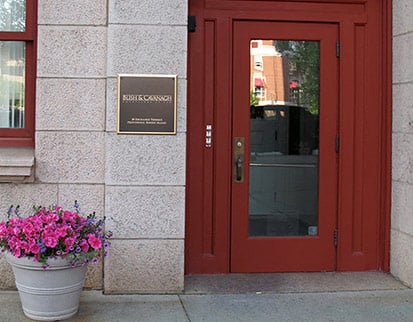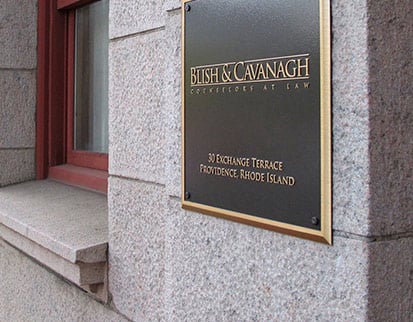There are numerous employment laws in Rhode Island that primarily benefit employees. Laws against discrimination and harassment, for example, impose obligations on employers while protecting workers from misconduct. Other laws offer protection to both workers and the companies that hire them.
At-will employment laws are a perfect example of regulations that benefit both parties in an employment arrangement. The worker has the right to leave their job at any point without notice. They do not have to worry about facing a lawsuit or other legal repercussions for leaving a job even if the employer wants them to stay.
Employers also have the right to terminate workers at any point with or without notice. At-will employment laws permit companies to terminate employment arrangements for any legal reason or no reason whatsoever. However, it may still be possible for workers to pursue wrongful termination lawsuits even in at-will employment states like Rhode Island.
What constitutes wrongful termination?
In an at-will employment state, only certain scenarios might constitute wrongful termination. Generally, the company would need to violate state or federal laws for the worker to take legal action against the business. Most wrongful termination lawsuits allege discrimination or possibly retaliation.
It is illegal for companies to discriminate against workers from certain backgrounds or with certain personal characteristics when deciding who to retain and who to fire. If a company references someone’s religion, race or age when firing them, that might give a worker grounds to take legal action against the company. So could a mass layoff or large-scale termination that disproportionately affects workers who share certain protected characteristics.
Other times, workers may claim that a company’s choice to terminate them was retaliatory. The law protects workers who try to unionize with their coworkers, request accommodations for medical conditions or report workplace harassment. If an employer takes punitive actions against someone who engaged in protected workplace activities, those workers could claim that the company illegally retaliated against them and may have grounds for a wrongful termination lawsuit.
Documentation protects employers
The most effective means of preventing a wrongful termination lawsuit is to carefully document what led to the decision to fire a specific worker. A history of progressive discipline efforts might show that a worker has repeatedly broken the rules or failed to meet certain performance metrics.
Internal documents establishing how the company decided which workers to include in a layoff could also help defuse claims that the company considered inappropriate personal characteristics when making those decisions. Clear standards in worker contracts and communication with employees can reduce the likelihood of frustrated and shocked workers trying to sue after they lose their jobs unexpectedly.
Understanding the implications of Rhode Island’s at-will employment law may help businesses reduce the likelihood of a worker-initiated lawsuit.








